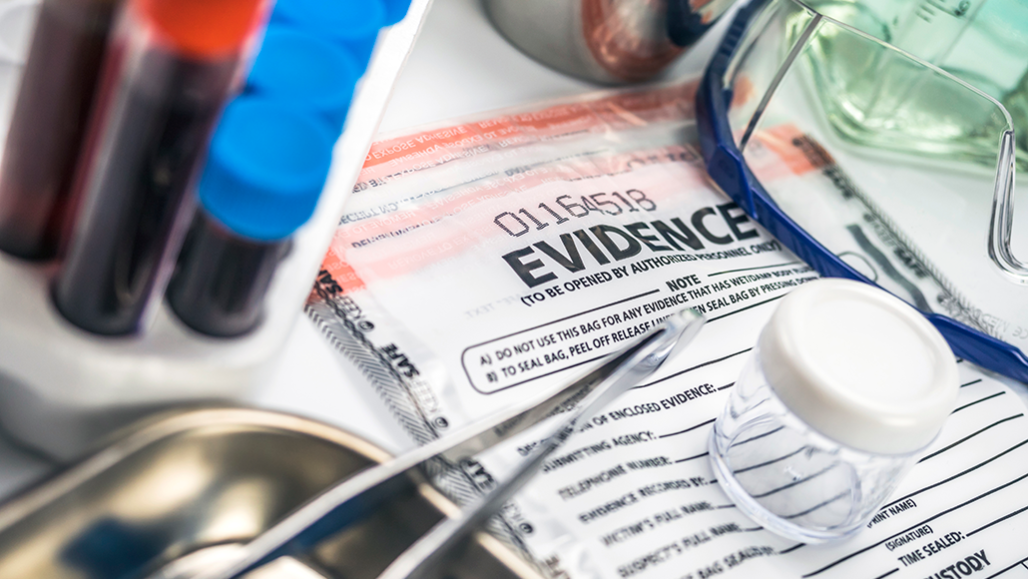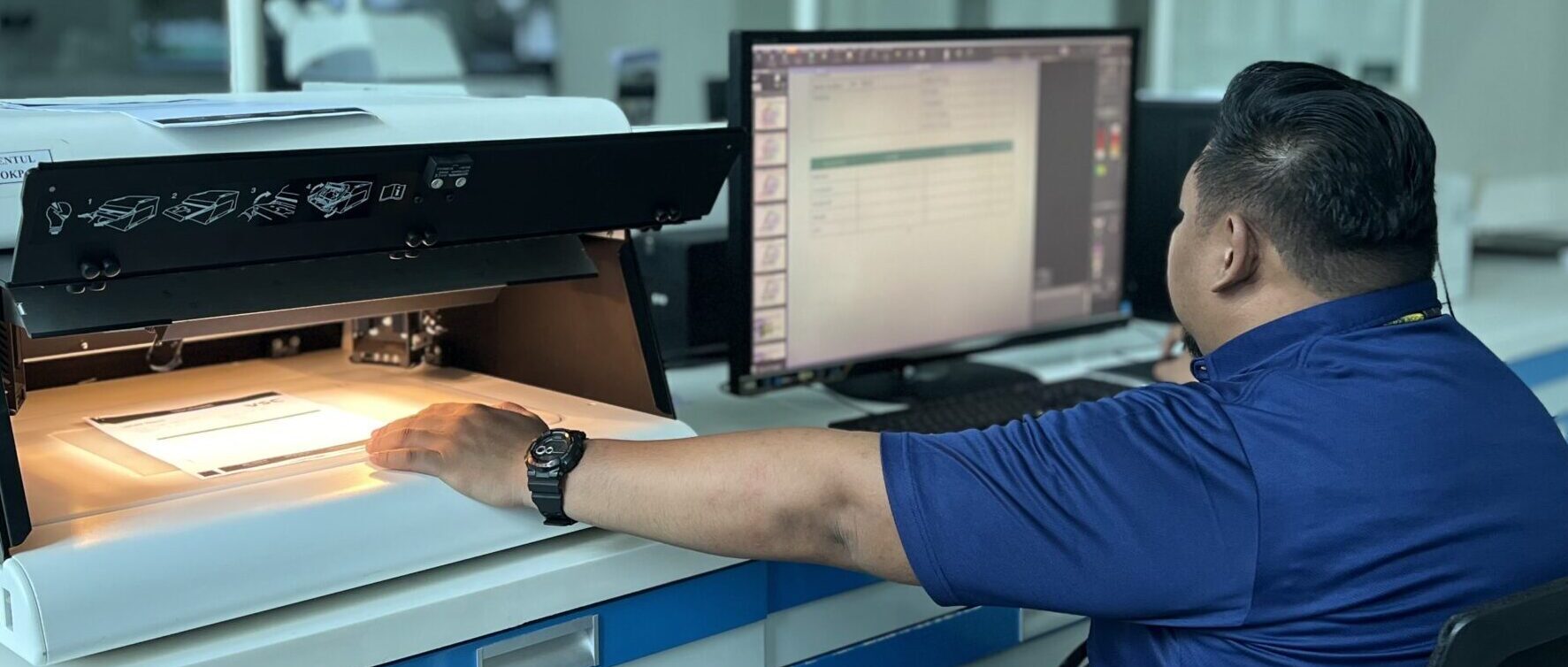Forensic Science
Forensic Science at its core supports justice through two vital areas: forensic medicine and forensic document examination. Forensic medicine applies medical expertise to determine causes of injury or death, providing crucial insights in legal investigations. Forensic document examination focuses on verifying the authenticity of documents through handwriting analysis, ink and paper testing, and detecting alterations, ensuring the integrity of evidence in legal cases.

Forensic Document
Forensic Document Examination focuses on verifying the authenticity of documents for legal purposes. This includes analyzing handwriting, signatures, ink, paper, and security features to detect forgery, alterations, or counterfeiting. By applying scientific methods, forensic document examination ensures documents such as IDs, contracts, certificates, and financial records are valid and trustworthy in investigations and court proceedings.

Identity Documents
Passports, ID cards, driver’s licenses
Financial Documents
Cheques, banknotes, credit cards, financial statements
Legal Documents
Contracts, wills, deeds, court documents
Certificates
Birth certificates, academic diplomas, marriage certificates
Signatures
On agreements, authorizations, or disputed documents
Travel Documents
Visas, boarding passes
Handwritten Letters or Notes
Used as evidence
Business Documents
Invoices, receipts, company letters
Security-printed Documents
Tax stamps, ballot papers, tickets
Forensic Medicine
Forensic Medicine applies medical expertise to legal investigations, helping determine causes of injury or death and providing critical evidence for justice. Using advanced tools like Seratec test kits for body fluid identification and Foster + Freeman Crime-Lite systems for trace evidence detection, forensic medicine ensures accurate collection and analysis of biological evidence at crime scenes. This work supports law enforcement in uncovering the truth with scientific precision.
